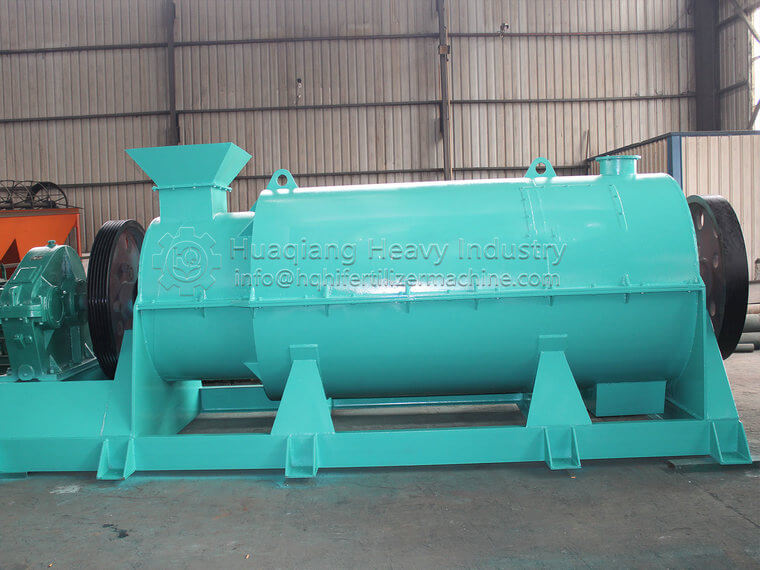The technological development trend of future organic fertilizer granulators is expected to focus on the following aspects:
1. Automation and Intelligence: With the advancement of automation technology, future organic fertilizer granulators will become more automated, reducing the need for manual operation. The intelligent control system can automatically adjust the granulation parameters based on the characteristics of the raw materials, ensuring the quality and efficiency of granulation.
2. Efficient and energy-saving: In order to reduce energy consumption and operating costs, future organic fertilizer granulators will adopt more efficient transmission systems and energy recovery technologies. For example, using waste heat recovery systems to reduce energy consumption.
3. Multi functional and modular design: In order to adapt to different raw materials and processing needs, future granulators will have more functions and modular design for quick adjustment and upgrading.
4. Environmental Protection and Sustainability: Considering the importance of environmental protection, future organic fertilizer granulators will pay more attention to reducing pollution and waste generation, improving the utilization rate of raw materials, and meeting the requirements of sustainable development.
5. miniaturization and mobility: In order to meet the production needs of different scales, future organic fertilizer granulators may develop towards miniaturization and mobility, making them convenient for use in fields or small farms.
6. Remote monitoring and maintenance: By utilizing the Internet of Things and cloud computing technology, future organic fertilizer granulators can achieve remote monitoring and fault diagnosis, reduce downtime, and improve production stability.
7. Integration and diversification: Organic fertilizer granulators may be integrated with other agricultural machinery or production lines to form a complete organic waste treatment and resource utilization system, achieving diversified applications.
These development trends reflect the response of organic fertilizer pelletizer technology to environmental protection, resource recycling, and sustainable agricultural development, indicating that in the future, organic fertilizer pelletizers will make significant progress in improving efficiency, reducing costs, and enhancing environmental performance.